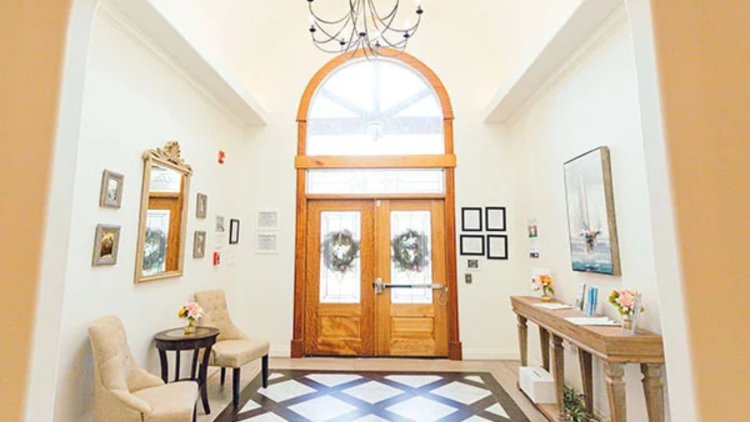Together Is Better: The Importance of Small Group and One-on-One Activities

In a memory care setting, connection is everything. Whether it’s a small group game or a quiet one-on-one chat, meaningful interaction makes a huge difference. For people living with dementia or Alzheimer’s, these moments of connection help ease anxiety, build confidence, and bring comfort.
That’s why top providers of elderly memory care in Kingwood, TX are placing more focus on personalized and small-scale activities. Because when the group is just the right size—or it’s just two people sharing time together—the impact can be powerful.
Why Smaller Is Sometimes Better
Large group activities can be fun, but they aren’t for everyone. For residents with memory loss, a loud or crowded environment may feel overwhelming. Some may withdraw. Others may get confused or frustrated. That’s where small group and one-on-one activities shine.
With fewer people, things move at a gentler pace. Staff can pay closer attention. And residents often feel more at ease. There’s less pressure and more freedom to join in when they’re ready.
So instead of sitting on the sidelines, residents feel seen. And more importantly—they feel like they belong.
Socializing in Safe, Comfortable Ways
Small group activities still offer the benefits of social interaction. Think of things like:
-
Group puzzles at the table
-
Chair yoga with a few friends
-
Music circles with familiar tunes
-
Baking sessions with just two or three participants
These setups help residents connect without feeling overstimulated. They can share stories, laugh together, and find joy in little moments. This kind of socializing helps reduce feelings of isolation and lifts everyone’s mood.
At an Alzheimer’s facility near you, these types of activities are planned daily—often tailored to residents’ interests and energy levels.
The Power of One-on-One
Then there are the quiet, personal moments—just one resident and one caregiver. These aren’t rushed interactions. They’re thoughtful and intentional. Whether it’s a walk around the garden, reading a book together, or helping with a familiar task, these moments help residents feel connected and respected.
One-on-one time is especially helpful for those in the later stages of dementia. When communication becomes more difficult, simple gestures—a smile, eye contact, a gentle touch—say more than words.
Plus, these moments help staff better understand each person’s needs, preferences, and triggers. That insight allows for more compassionate care all around.
Boosting Confidence and Encouraging Participation
When activities are personalized and manageable, residents feel more confident. They’re more likely to try something new or re-engage in a hobby they once loved. A successful moment—no matter how small—can spark a smile, a sense of pride, and a willingness to join in again.
That’s why elderly memory care in Kingwood TX isn’t just about medical oversight. It’s about creating opportunities for success, dignity, and joy.
Final Thoughts
At the heart of it all, memory care is about connection. Small group and one-on-one activities help make those connections possible. They support emotional well-being, reduce stress, and give each resident a chance to shine in their own way.
So whether it’s a card game with two friends or a quiet walk with a caregiver, these little moments are doing big things.
What's Your Reaction?
















